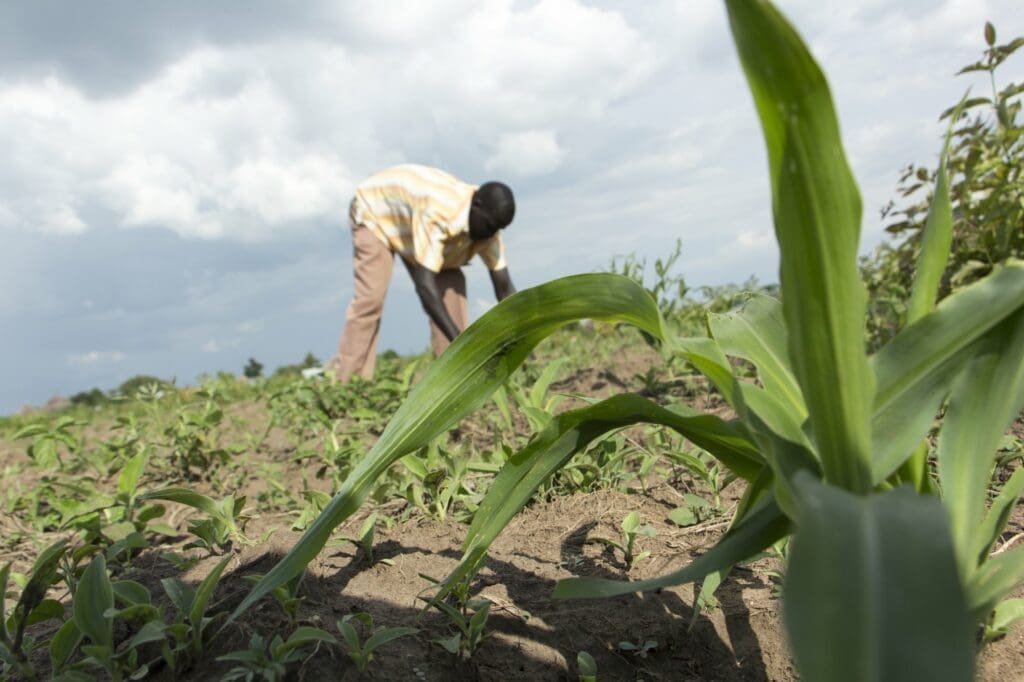Why You Should Invest In Zero Hunger

Food is one of life’s most basic building blocks. Without it, children can’t reach their full potential, communities can’t prosper and nations can’t achieve progress. That’s why U.S. companies can—and should—play a critical role in improving global food security.
As the world’s leading humanitarian agency fighting global hunger, WFP partners with companies in a wide range of industries to carry out its mission. Each company shares one thing in common: They are leaders in their fields.
In addition to funding, WFP’s private-sector partners provide technical expertise across the organization, from data collection and supply chain management to nutrition and retail strategies.
Why Partner With WFP?
First, supporting WFP is the humanitarian thing to do. Access to food is one of the most basic rights — and one of life’s most basic building blocks. By partnering with WFP, businesses will help to save and change the lives of people all over the world who receive assistance through WFP’s programs. No other organization fighting world hunger can help businesses take concrete actions to achieve Zero Hunger with the reach, diversity and passion that WFP provides.
Second, it’s good for consumer outreach and employee retention. Research has shown that corporate social responsibility matters to a company’s customers and staff. By partnering with WFP, businesses can send a clear signal: We care about social issues beyond our bottom line. These partnerships can not only lead to higher employee satisfaction and increased retention, they can also help enhance a company’s brand.
Third, investing in Zero Hunger is actually good for business. Supporting the food security of developing nations can accelerate economic development and build stronger markets and healthier workforces. And because WFP focuses on building full futures instead of just filling empty stomachs, communities become stronger, more sustainable and more resilient. When people thrive, so does business.
How To Partner With WFP
There are many different ways your company can join our mission. In addition to providing funding, you can help WFP innovate by providing new tools and expertise to improve the agency’s operations — often in ways that align with your own business objectives. General Mills is investing in nutrition fortification. Cargill is investing in homegrown school meals. Mastercard is assisting WFP’s transition to “digital food” by supporting electronic food vouchers, or “e-cards,” which give hungry people the means to buy fresh, locally produced food when available.
What’s happening in the world right now seems overwhelming: Prolonged conflict in Syria, Iraq and Myanmar; looming famines in Nigeria, Somalia, South Sudan and Yemen; extreme weather that is displacing millions of people in the world’s poorest countries.
But every business in the U.S. has the power to make a lifesaving difference by supporting humanitarian efforts to keep families in need alive.
Hunger truly is the world’s greatest solvable problem. The world has the tools and technology to make sure no child goes hungry, what we need is the passion and political will to make it happen — and business leaders must play a crucial role.




